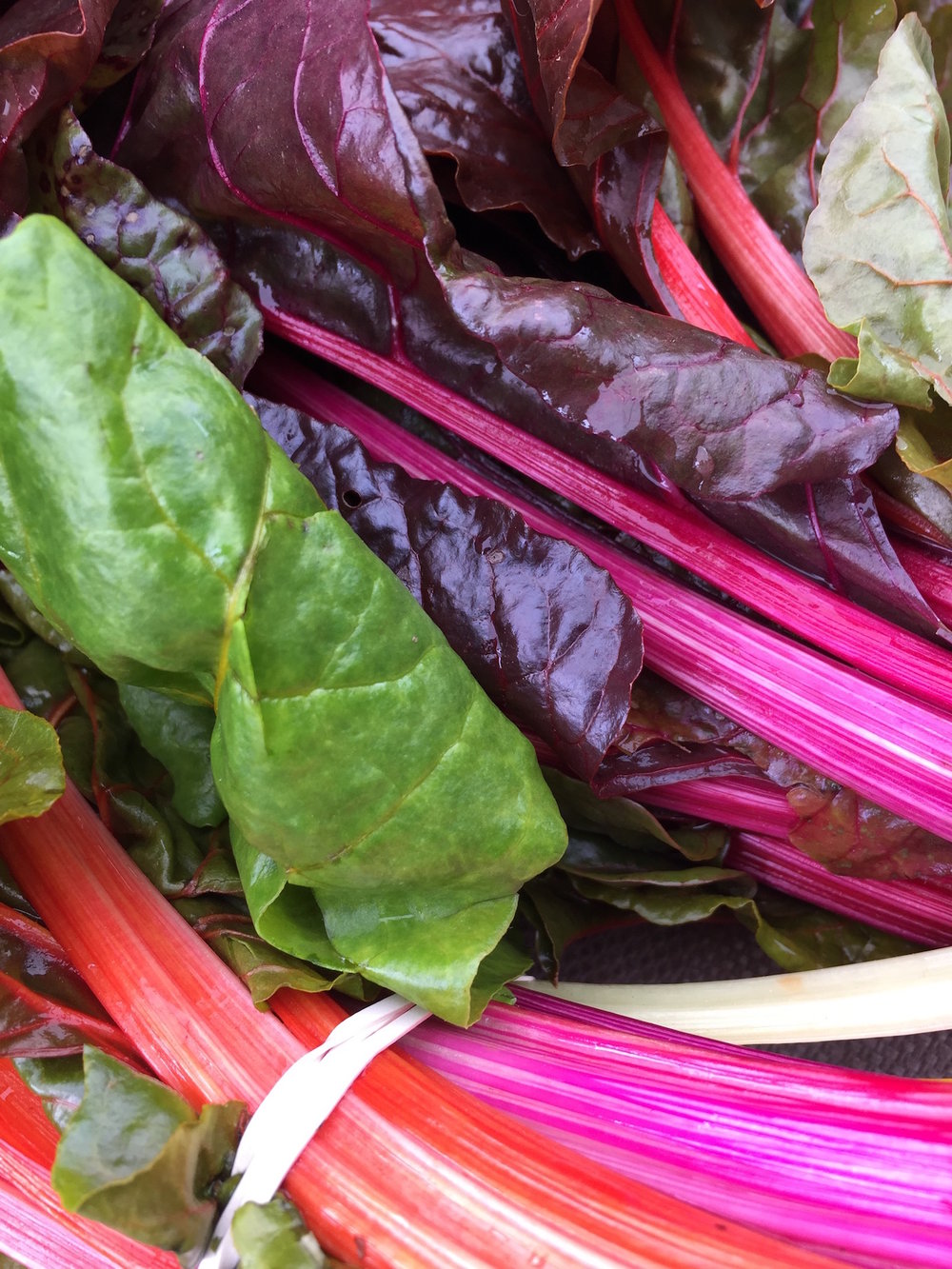Have you ever felt stuck moving forward? Maybe you felt challenged with decision-making, figuring out the next step on a project, or making a significant life change. Over the last few months, we’ve talked about the influence and motivation boost that a fresh start brings and how to embrace change through thinking and actions. Many of you have done fantastic work around those concepts. But now what? You have ideas, energy, and motivation, but next feels elusive. It’s as if a fog has washed over you, and you’re waiting for it to lift.
Getting unstuck and finding next is a regular part of the work I do with my virtual organizing clients. It’s also something I experienced recently. Without going into the specifics about a new project I’m starting, I felt stuck with figuring out my next step. I will let you know more about the project at another time. (It’s not ready for prime time just yet.) For now, I will share three strategies, which helped me move forward, and can help you too.
Three Strategies to Get You Unstuck and Clear About Your Next Step
1. Capture the Ponderings
Our mind is the vessel that holds all of our ideas. Isn’t it incredible how it expands to house an infinite amount of thoughts? However, while our mind is vast, it is useful to download ideas to another container. We often call this a “brain dump.” You can write in a journal, capture notes in an electronic document, or talk into a voice recorder. The idea is to transfer your project ideas from your mind to a specifically designated location or home. This helps you isolate and organize those thoughts from the other million swirling ideas in the vessel.
I found this tremendously helpful for my project. I thought a lot about it but overwhelmed myself with all of the possible ideas and directions to take things. I could almost visualize the bullet points in my head, but it was too much to organize. So what did I do? I opened up a Word doc, created headers with bullet points. Seven pages later, my download was complete. I captured the project ideas on paper, and my mind felt freer. But even on paper, it was still a lot to assimilate. Next wasn’t obvious yet. That’s when I paired this with the second strategy.
2. Talk With a Gifted Listener
We have different processing modalities. For verbal processors, like me, writing and talking aloud helps me make sense of the world. It’s not just talking but conversing with someone who is a great listener and reflector. I recognized how helpful it would be to discuss my project with someone who asks great questions, listens deeply, provides valuable feedback, and was objective. I reached out to Marcy Stoudt, the very generous and insightful Executive Coach and Founder of The Executive Mom Nest. She helped me distill things so that by the time we finished our conversation, I felt more focused and clear, less overwhelmed, more energized, and ready to embrace the next steps. I used one additional strategy that helped bring everything together.
“Walking helped me define my essential next step.”
3. Walk in Nature
Research exists on the benefits to our mental health and well-being for walking in nature. Think forests, water bodies, gardens, grassy knolls, and mountains. Walking is part of my daily routine. I walk to shift my energy, stretch my body, and clear my head. To help me figure out the next steps for the project, I was specific about this particular walk. I wrote my notes and talked with Marcy. Walking helped me define my essential next step. Just as walking loosens and frees-up movement in the body, it has a similar effect on the mind. While I walked, I thought about what I wrote along with Marcy’s insights. I breathed in the fresh air, appreciated the beautiful Hudson River, and allowed my thoughts to simmer. My hope was by walking, my actual next step would magically appear.
Incredibly, it did! By the time I returned home, I knew what my next step was. You might be surprised by my choice. I decided to take a few days off from thinking about or taking action on the project. I needed balance at that moment. The project had been consuming my thoughts and creating undue stress. I needed some distance to move forward with clarity- not years or months, but just a few days.
There are many ways to get unstuck and figure out the next step. These three strategies- capture, talk, and walk helped me. I hope all or some of them will help you when you’re feeling challenged by next. Have you felt stuck recently? Has finding next been difficult? What helps you move forward? I’d love to hear your thoughts. I invite you to join the conversation.











